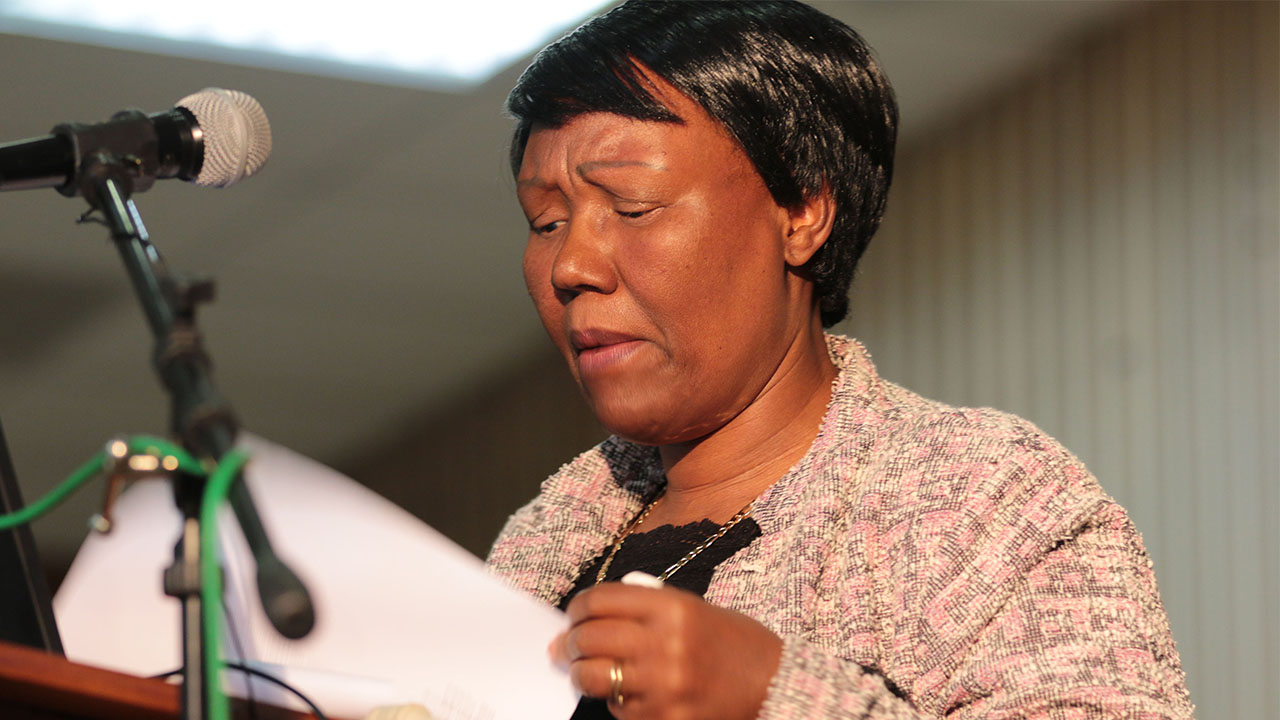The Critical Thinking Forum panel
Good, ethical governance is the key driver of a capable developmental state, and generates sustainable development without compromising the results, academics and researchers heard at the Mail & Guardian Critical Thinking Forum held in collaboration with the Limpopo government in Polokwane on Friday May 5.
Significant capital and human resources have been deployed to enhance the National Development Plan’s (NDP) objectives in the province. Limpopo director-general Nape Nchabeleng and the Public Service Commission acknowledged that the province became run down seven years ago, due to gross violations of the governance act. This led to five of the province’s departments — treasury, education, roads and transport, public works, health and social development — being placed under administration in 2011 by Cabinet. In 2015 the national government handed back power to the departments.
The treasury said that disregard of law had brought the province to the unusual terrain of having the departments placed under administration, and said that the violation of rules, in particular the Public Finance Management Act, had depressed the province’s financial status in 2011, hampering development.
“The … financial collapse of the province originated because of the failure of good and ethical governance,” said Malijeng Ngqaleni, national treasury’s deputy director-general of intergovernmental relations. She added that good and ethical governance are essential tools that every institution that strives to develop must possess.

“When you have that, you have a system that will be able to place skills and [achieve] consistency, and ensure that service delivery is achieved,” said Ngqaleni.
Botshabelo Maja from the department of the national school of governance said that South Africa is rich, and could be richer if more focus was placed on how funds are spent.
Nchabeleng said putting the brakes on the appointment of wrongly placed officials in government would ease the financial burden of training them. “One of the challenges we had was we were not addressing the root cause of the problem — if we continue to appoint incompetent people, then [we] will continue to spend on training.”
He said government is now strict about appointments, and will ensure that minimum requirements are adhered to when appointing candidates. “We will be able to address this problem.”
Maja said less obsession with the NDP and a clearer understanding of the Freedom Charter also encompasses the NDP’s mandate. “Just look at the Freedom Charter; you will find the same things, the same basics — people want houses,” adds Maja.
One delegates asked: “What are we developing into? Do we as public servants have a common understanding of what a developmental state is?”
Nchabeleng responded: “Access to housing and education is not enough; rather, development must be measured by international performance and economic growth.”
He cited China’s growth from an agrarian economy to a highly industrialised one is a good model for a developmental state. “As South Africa we need to compare ourselves with successful economies, because that [is] the only solution to address unemployment, inequality and poverty.”
SMME development
Nthanyi Dhumazi, Limpopo’s auditor general, said efforts need to be accelerated towards supporting small, medium and micro-sized enterprises. She said SMMEs are an important pillar of a growing economy, creating significant employment and contributing significantly to tax.
Nchabeleng made a commitment that the provincial government would support SMMEs to pave the way for sustainable companies, and boosting local economic development. He said the provincial government would be working with national treasury on programmes to foster small business growth. Special Economic Zones programs endorsed by national government would also play a key role in enhancing growth.
Public service commissioner Ben Mthembu said a “change of mind-set” is crucial for public servants. They must understand that delivering their services is not a “favour”, but a constitutional right for the recipients.